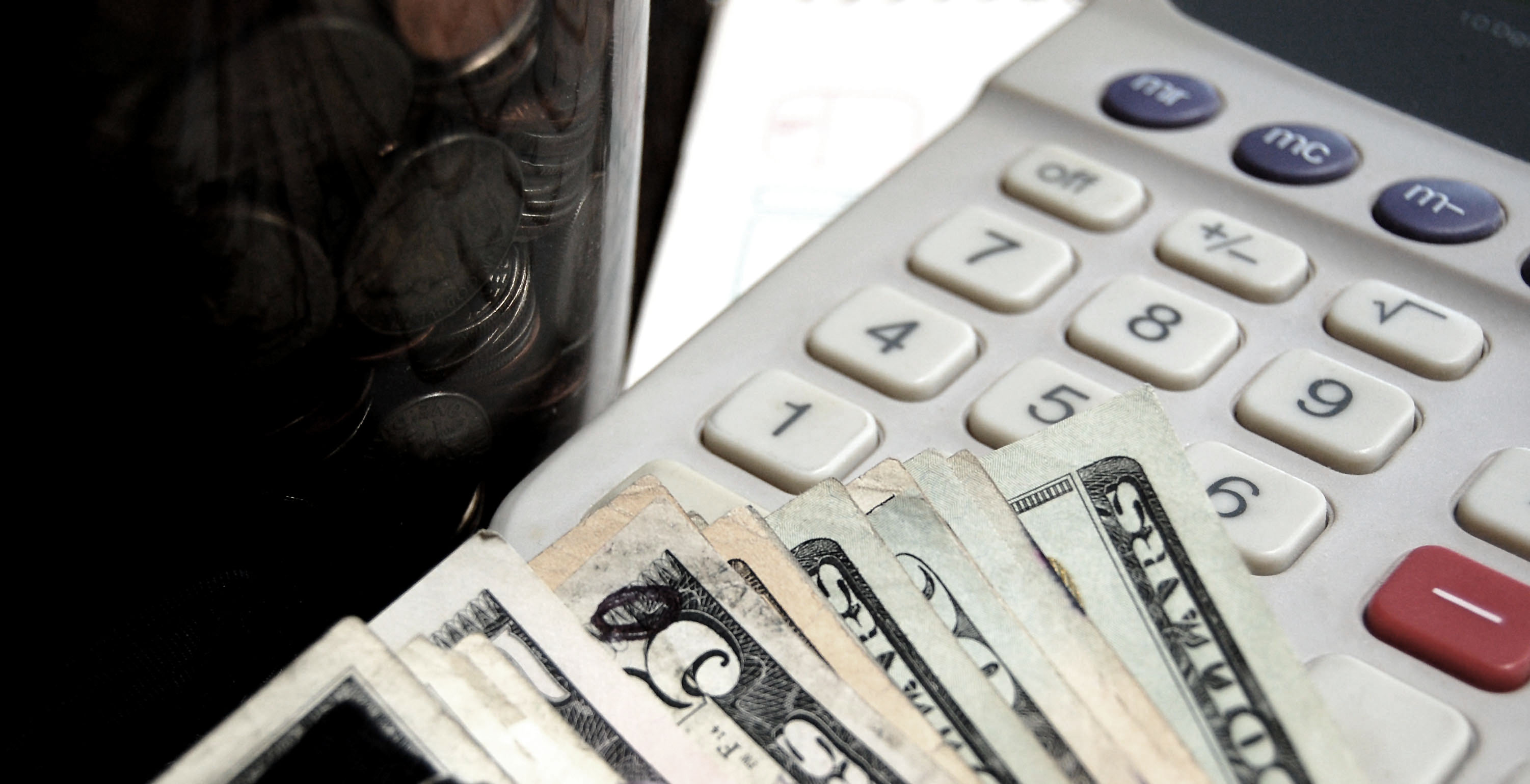
26 Oct Paying bills with irregular paychecks
Photo: cohdra/morguefile.comQ. My budget isn’t very stable because I work as an independent contractor. How can I be better prepared for unreliable income? Right now I put stuff on my credit card and pay it off when the paychecks come in.
— Falling behind
A. Budgeting can be a challenge, and it’s even harder if your income is not consistent.
Putting your expenses on a credit card while you wait for your paychecks to come in can be a very expensive way to go.
You need some additional planning to make sure you have enough savings to cover the lean periods.
An emergency fund flush with three to six months of living expenses may help you avoid or limit the use of your credit cards as a stop-gap source of funds, said Claudia Mott, a certified financial planner with Epona Financial Solutions in Basking Ridge.
The less you have to put on the cards, the less interest you will pay on the balances, she said.
In order to find the money for the emergency fund, you need to have a solid understanding of your living expenses, Mott said. This includes the “must haves” or non-discretionary costs for food, shelter, clothing and transportation, as well as the “nice to haves” or discretionary items like dining out and entertainment.
“Using a tool to help you gather your expenses and categorize them can make the process easier,” Mott said. “This could be an online application, a computer-based software program or a pencil and paper. The important decision is picking the one that will work best for you in the long run.”
Once you have an idea of how your dollars are spent each month, try to find ways to save by cutting back or eliminating non-essential expenses. Mott said you may be surprised to see how much is spent on restaurants, coffee shops and buying lunch — just a small change can reap big savings rewards.
This analysis is important so you can create a regular contribution to your emergency fund while your paychecks are coming in. It will help you lower your expenses during the no-paycheck periods, too.
Mott recommends you keep your emergency fund savings separate from the account used for day-to-day expenses to ensure that the money is there when you need it.
Another option if you own your own home and meet the qualifications would be a home equity line of credit or HELOC, Mott said. The interest rate on a HELOC is substantially lower than what you would pay on most credit cards and you can use it as needed or not at all.
Just make sure you don’t risk building a HELOC balance that you’re unable to pay back when your checks come in.
“If you find that using your credit cards is the only way to get by as you await your next paycheck, try to use those with the lowest interest rates first,” Mott said.
Take a look at our tips on how to lower your credit card interest rates, and here are some ideas to help you pay down any accumulated credit card debt you already have.
Email your questions to Ask@NJMoneyHelp.com.
This story was first posted in October 2015.
NJMoneyHelp.com presents certain general financial planning principles and advice, but should never be viewed as a substitute for obtaining advice from a personal professional advisor who understands your unique individual circumstances.
